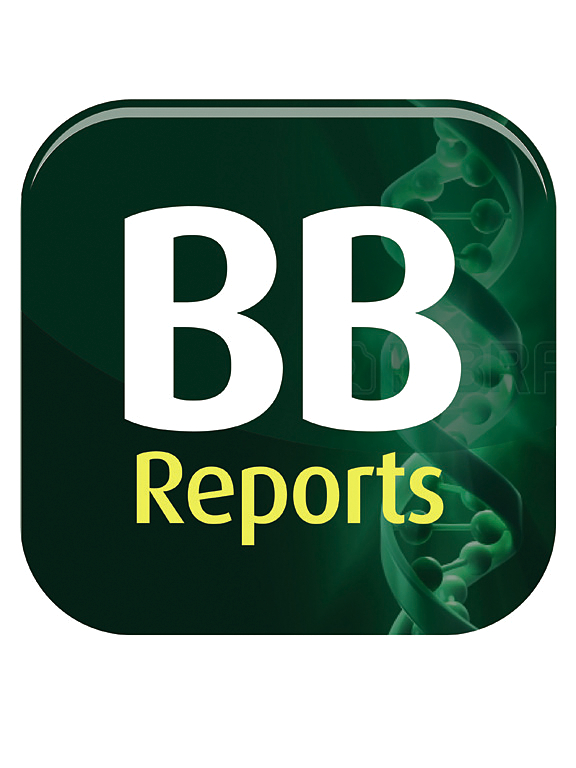Resiquimod induces a mixed Th1 and Th2 response via STAT1 and STAT3 signalling in chickens
IF 2.3
Q3 BIOCHEMISTRY & MOLECULAR BIOLOGY
引用次数: 0
Abstract
Resiquimod (R-848), a synthetic TLR7 agonist, modulates immune responses, primarily inducing Th1-biased immunity in mammals. In contrast, our previous studies revealed that R-848 stimulates both Th1 and Th2 responses in chickens. The current research investigates the molecular mechanisms underlying these immune responses in chickens. Pooled splenocytes harvested from chickens (n = 2/group) at 24 h post R-848 treatment were subjected to RNA sequencing and significant differentially expressed genes (DEGs) were identified compared to controls. Eight key genes associated with signal transduction (MAPK14, MAP3K8, PIK3CD, STAT1, STAT3, MAPK11, LRRK2, and GATA3) were validated via real-time PCR in chicken peripheral blood mononuclear cells (PBMCs) from six biological replicates. Pharmacological inhibitors or chloroquine were employed to elucidate the signalling pathways. SB202190, IC-87114, and fludarabine phosphate suppressed the R-848-induced expression of MAPK14, PIK3CD, and STAT1, respectively, while chloroquine decreased STAT3 expression. Intriguingly, chloroquine treatment enhanced the R-848-mediated expression of MAPK11, LRRK2, and GATA3. These results align with transcriptomic findings and highlight the upregulation of STAT1 and STAT3 as potential contributors to the induction of Th1 and Th2 immune responses by R-848 in chickens. These insights provide a foundation for optimizing R-848 as an immunomodulatory agent in avian species.
求助全文
约1分钟内获得全文
求助全文
来源期刊

Biochemistry and Biophysics Reports
Biochemistry, Genetics and Molecular Biology-Biophysics
CiteScore
4.60
自引率
0.00%
发文量
191
审稿时长
59 days
期刊介绍:
Open access, online only, peer-reviewed international journal in the Life Sciences, established in 2014 Biochemistry and Biophysics Reports (BB Reports) publishes original research in all aspects of Biochemistry, Biophysics and related areas like Molecular and Cell Biology. BB Reports welcomes solid though more preliminary, descriptive and small scale results if they have the potential to stimulate and/or contribute to future research, leading to new insights or hypothesis. Primary criteria for acceptance is that the work is original, scientifically and technically sound and provides valuable knowledge to life sciences research. We strongly believe all results deserve to be published and documented for the advancement of science. BB Reports specifically appreciates receiving reports on: Negative results, Replication studies, Reanalysis of previous datasets.
 求助内容:
求助内容: 应助结果提醒方式:
应助结果提醒方式:


